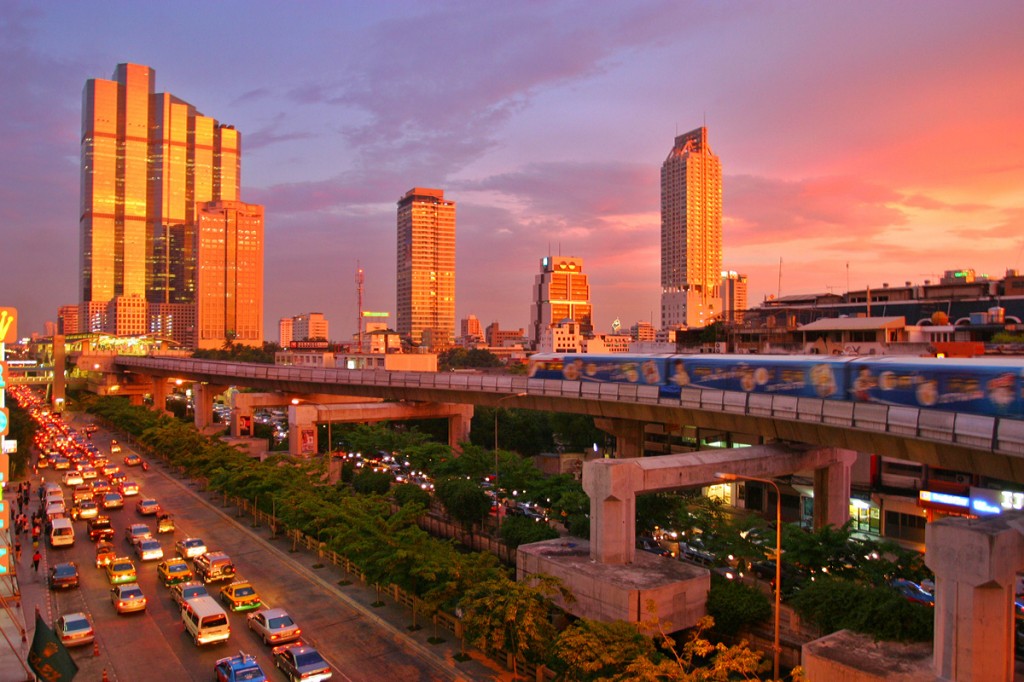If you lease a home (using the lease agreement) that has been flooded, you may be wondering whether you, the lesee, or your landlord, the lessor, is responsible for cleaning, repairing or replacing damaged property in and around the home. In addition you may wonder if you have any right to be reimbursed for living expenses when you were not able to live in your home.
 Unfortunately, every situation is different and there is no single answer for everyone. However, some tips may help you understand your situation. First, check to see if you or your landlord has insurance on the property. If you have insurance, check the policy to see what is covered in the case of flood. Even if the policy does not refer to flooding, it may refer to “natural disasters,” “acts of God,” or “force majeure.” All of these terms can include natural flooding. While rare, your insurance may cover your living expenses while your are unable to live in your insured home.
Unfortunately, every situation is different and there is no single answer for everyone. However, some tips may help you understand your situation. First, check to see if you or your landlord has insurance on the property. If you have insurance, check the policy to see what is covered in the case of flood. Even if the policy does not refer to flooding, it may refer to “natural disasters,” “acts of God,” or “force majeure.” All of these terms can include natural flooding. While rare, your insurance may cover your living expenses while your are unable to live in your insured home.
Then you will need to determine whether the insurance policy covers your personal movable property, your landlord’s movable property (such as appliances and furnishings), or your landlord’s immovable property (such as the building and landscaping). Some insurance policies will not cover flooding, but others do. In addition, your landlord’s policy will probably not cover your property.
If you don’t have insurance or your insurance does not cover the damaged property, then you will need to review your lease. Once again, check to see if anything in the lease refers to flooding, natural disasters, acts of God, or force majeure. You should also review any portion of the lease that refers to maintenance and repair of the property. The lease will not cover your personal property, but may cover some or all of the landlord’s movable and immovable property. It is highly unlikely that the lease will cover living expenses while you cannot live in the home, but it is always possible.
In many cases the lease may not mention whether you or your landlord are responsible for damages caused by flooding or other natural disasters. If so, you may believe that the landlord is responsible by default since it is the landlord’s property. However, unlike the US, Thai law does not infer a warrant of habitability in residential leases. Just because the landlord is leasing you a home does not mean that the landlord must keep the home in habitable condition or repair damages he or she did not cause. Nor is the landlord required to reimburse you for living expenses if you are unable to live in the home. You and the landlord are free to determine who will be responsible for maintenance and set the price of the lease accordingly.
By default, Thai law provides that if the building is destroyed the lease is void. Thus, you do not have continue paying on the lease, but neither is the landlord required to do repairs or reimburse you. The flood damages are neither your or your landlord’s responsibility and Thai law does not put all the burden on either party.



